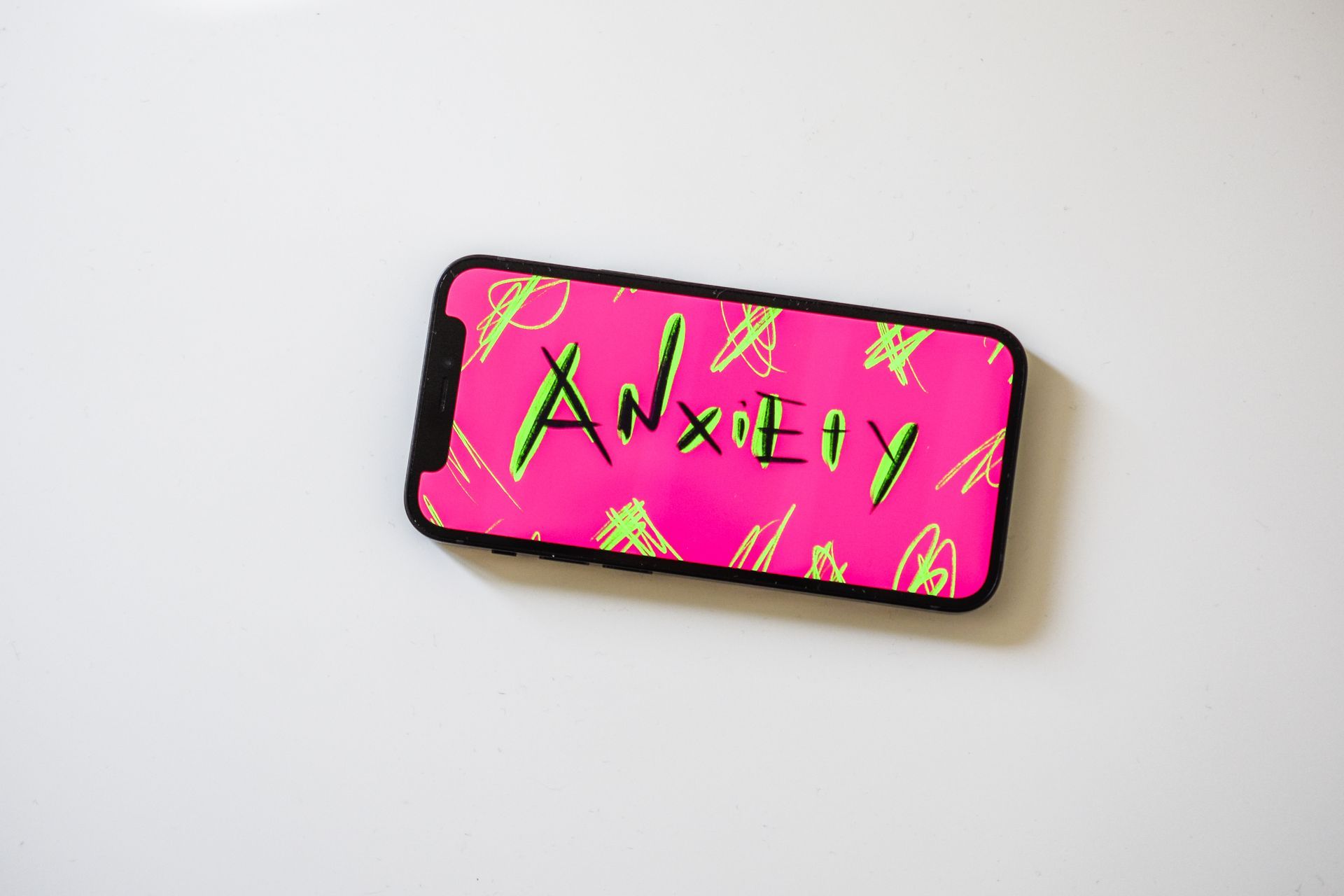Parenting with chronic pain
(If you're more of a reader, below is the information from the video you don't want to miss!)
How can I be the best parent possible for my kids when living with chronic pain?
Parenting is challenging. Parenting with chronic pain even more so.
- You may find yourself saying no to your kids more often that you’d like or having to cancel plans, and that breaks your heart.
- You worry that you’re asking too much of them and that they’re missing out on certain experiences of childhood.
- You have to rsvp no to birthday parties and social events more than you want to, and when you don’t and push yourself too much, your pain flare ups.
- You feel sad for not being able to get down on the floor to play games with your child or chase after your toddler.
Being a mom or dad with chronic physical pain can feel lonely, unfair, overwhelming.
Does parenting with chronic pain always have to feel this difficult? No.
Will it ever be easy? Most likely, no.
I want to keep it real and I don’t want to minimize the impact of pain on chronic pain. But I want you to feel confident that there are things you can do to make parenting a little bit less overwhelming and a little more rewarding and meaningful.
Below are four tips to help all parents and other caregivers navigate the challenges of parenting with chronic pain.
1. Revisit what it means to be a good mom or dad
What does it mean for you to be a good mom/dad?
As a society, we often hold unrealistic expectations about what it means to be a good parent. We think of being a good parent as spending a lot of time with our children and driving them to all their extra-curricular activities and play dates, “having it all together” at all times, spending a lot of time with them. These expectations are not always quite realistic.
There are many ways to be a good parent for your child, even though it does not look like what you had pictured it would be. Being a good parent is about about meeting your children’s needs for food, shelter, safety, love, support, etc. And there isn’t one perfect way to do that.
Exercise: What does it mean for you to be a good parent? What are some activities or experiences that are in line with those values and take into account your health needs?
2. Create new routines and family traditions that are fun and take into consideration your health needs
You can be pretty creative with this one! The idea is to create meaningful and rewarding experiences that also accommodate your health needs. It can look like many different things:
- On thanksgiving, each member of the family gets to order their favorite food for take-out and you have a picnic at home (no need for long hours in the kitchen!)
- Family brunch in bed on Sundays
- Reading books as a family at bedtime
- Putting on an end-of-year show or recital at home with family members livestreaming.
Involving your children in creating new traditions and fun routines is a great way to reinforce your bond with them and make them feel special!
3. Simplify your life
You can't do it all! At least, you can't do it all without feeling overwhelmed, tired, and with increased pain. So make your life as easy as possible!
- Prioritize what you need or want to do on any given day. Keep your list short. One to three items is ideal! The more items you have on your to-do list, the more likely you are to overdo it, or experience feelings of guilt or anxiety if everything doesn’t get done.
- Write down your to-do list to make your life even easier! Remembering what you need to do is more difficult when pain flares up.
- Create a “bad pain day” checklist with reminders of things that you can do to to cope with pain and take care of yourself on a bad pain day!
- Delegate! Identify what takes the most energy out of you on a bad pain day. Is it cooking? Driving the kids to extracurricular activities? Standing up in line at the grocery store? Develop systems to delegate as many things as possible on bad pain days and enlist the help of others to make day-to-day functioning easier and allow you to focus on important to-do’s.
4. Practice self-compassion
What would you tell a friend or loved one navigating parenting with chronic pain?
Write it down and take a few minutes to go over your answers. Would you be telling them that they need to step it up and spend more time with their kids? Would you be telling them that they’re a great parent and that you love and support them?
Most human beings tend to do a better job at being kind to others than they are with themselves!
Exercise: When you feel guilty for not “doing” or “being” enough as a parent, ask yourself what you would tell your best friend if they were in the same situation. And then use that same language to write a love note to yourself. This is your reminder to be kind and gentle with yourself!
I am Dr. Aurelie Lucette, a clinical psychologist who provides individual therapy in Miami and online throughout the state of Florida. I can help with issues related to anxiety, stress, sleep, and depression. I also specialize in therapy for adults living with cancer , chronic illness, chronic pain, and caregiving stress.




